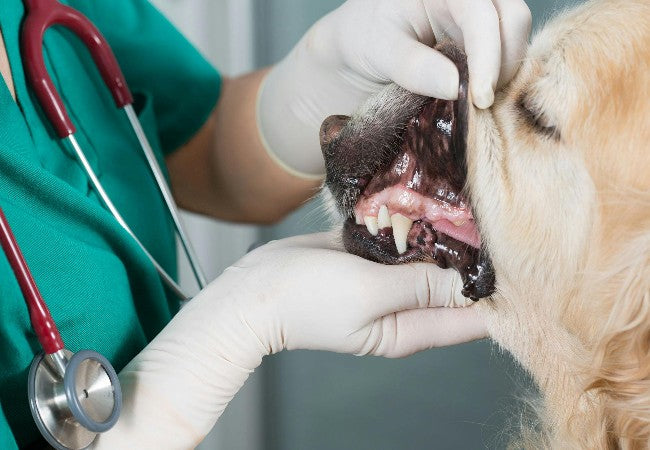Vet Guide to Platelet Clotting Disorders in Dogs 2025 🐶🩸

In this article
Vet Guide to Platelet Clotting Disorders in Dogs 2025 🐶🩸
By Dr. Duncan Houston BVSc
Platelet clotting disorders in dogs occur when platelets—tiny blood cells that form the first plug at bleeding sites—are too few or don’t function properly. These can be inherited or acquired and may cause spontaneous bleeding or poor clotting. This 2025 vet guide covers the types, signs, diagnosis, and management to help keep your dog safe. 💊
🔍 What Are Platelet Disorders?
- Thrombocytopenia: low platelet count; may be mild, moderate or severe. Counts < 50,000/µL often cause spontaneous bleeding.
- Thrombocytopathy: normal platelet count but poor function—platelets fail to aggregate or adhere.
📍 Types & Causes
- Immune‑Mediated Thrombocytopenia (ITP): The Most common severe form—the immune system destroys platelets.
- Inherited thrombocytopathies: Genetic conditions (vWD in Dobermans, Glanzmann’s in Great Pyrenees, Scott syndrome in Shepherds, etc.).
- Acquired dysfunction: Due to toxins (aspirin), infections (ehrlichia, leptospirosis), or severe organ disease.
- Idiopathic congenital thrombocytopenia: e.g., asymptomatic macrothrombocytopenia in Cavalier King Charles Spaniels.
⚠️ Signs to Watch
- Petechiae (small red spots), ecchymoses (bruising), and gingival or nasal bleeding.
- Blood in urine or feces, prolonged bleeding after procedures.
- Lethargy, pale mucous membranes, and collapse in severe cases.
🔬 Diagnosis & Testing
- CBC + Manual smear: Confirm platelet count and rule out clumping.
- BMBT: Measures platelet function—critical in vWD and thrombocytopathy.
- Coagulation panel (PT/aPTT): Rules out clotting factor defects.
- vWD assay & genetic tests: Confirm inherited disorders in at-risk breeds.
- Serology/PCR: Screen for tick-borne or systemic infectious diseases in secondary causes.
💊 Treatment & Management
1. Immune‑Mediated Thrombocytopenia
- Corticosteroids (prednisone), immunosuppressives; platelet transfusions or plasma if severe.
- Treat underlying triggers in secondary ITP (infections, cancers, toxins).
- Strict cage rest and bleeding precautions during recovery.
2. Inherited Platelet Disorders
- vWD: Desmopressin (DDAVP) and cryoprecipitate before surgery; avoid NSAIDs.
- Others (Glanzmann’s, Scott syndrome): Use plasma/platelet-rich products before procedures; no cure.
3. Acquired Dysfunction
- Discontinue toxins (e.g., aspirin); treat infections that impair platelet function.
- Supportive care: fluid therapy, transfusions, hospitalization if bleeding.
📈 Prognosis & Monitoring
- ITP: 74–97 % survive hospitalization, but ~30 % relapse—require long-term follow-up.
- Inherited disorders: Lifelong management; avoid surgery and prompt bleeding care.
- Acquired cases: Depends on treating underlying issue; platelet function normalizes after resolution.
📊 Quick Reference Table
| Condition | Lab Findings | Main Treatment |
|---|---|---|
| ITP | Low platelets, normal PT/aPTT | Steroids, immunosuppression, transfusion |
| vWD | Normal count, prolonged BMBT, low vWF | DDAVP, cryoprecipitate before surgery |
| Thrombocytopathy | Normal count, prolonged BMBT | Bleeding support, treat cause |
✅ Vet Tips by Dr Duncan Houston BVSc
- ✔ Always evaluate platelet count before surgery—manual smear to confirm.
- ✔ Use BMBT to assess function when inherited platelet issues are suspected.
- ✔ Keep DDAVP or plasma products ready for dogs with vWD during dental or surgical procedures.
- ✔ In ITP, plan long-term tapering of immunosuppressives and monitor counts frequently.
If your dog develops unexplained bruising, nosebleeds, or bleeds more than expected, reach out via the AskAVet.com app for urgent guidance.🐾❤️






